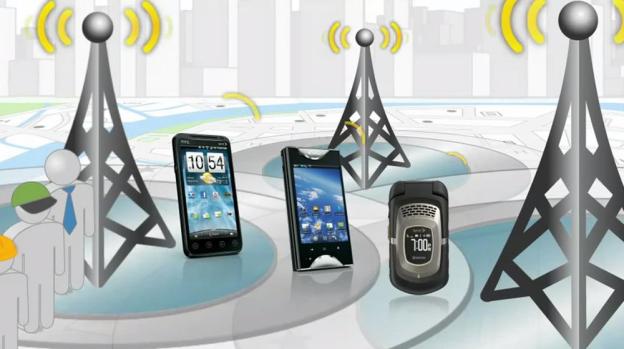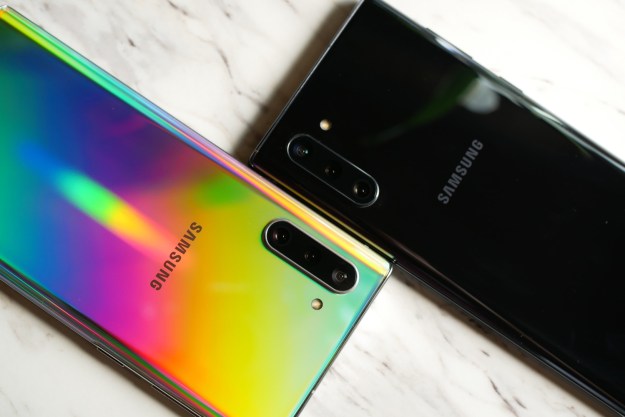
Announced on the official Sprint Community blog earlier today, the first five U.S. cities that will get access to Sprint’s 4G LTE high speed data network include Atlanta, Kansas City, Dallas, Houston and San Antonio. The 4G LTE service will go live on Sunday July 15 and Sprint plans to roll out 4G service to more areas around the United States before the end of 2012. Sprint subscribers in those five cities will need a 4G-capable smartphone to take advantage of the upgraded service, but customers with a 3G-only smartphone should experience fewer dropped calls, higher signal strength, increase coverage around the city and faster data speeds as more people switch to 4G.

According to Sprint network vice president Bob Azzi in an interview with PCMag, the 4G LTE network isn’t going to be as fast as AT&T and Verizon networks. Specifically, the Sprint network is operating on 5-MHz channels compared to Verizon’s 10-MHz channels. Early tests indicated that the Sprint 4G LTE network in Atlanta will offer download speeds of 9 to 13Mbps and upload speeds at approximately 2Mbps. This is significantly better than Sprint WiMax or T-Mobile’s HSPA+ network, but doesn’t compete extremely well against Verizon or AT&T.

The smartphone was delayed due to supply shortages, but preorders of the new smartphone have started shipping as of yesterday. Sprint customers interested in the 16GB version will need to make a trip to a Sprint store to purchase the smartphone, but anyone interested in the 32GB version can purchase the device on Sprint’s site. Samsung is predicting that the company will sell over 10 million of the smartphones in July alone.
Other 4G-capable smartphones sold by Sprint include the LG Viper 4G LTE, HTV EVO 4G LTE, Samsung Galaxy II, Samsung Epic 4G, the Galaxy Nexus and the Samsung Conquer 4G. While no official announcement has been made yet, it’s expected that Sprint will also carry the new 4G capable iPhone when it launches later this year. With two popular smartphones like the Samsung Galaxy S III and iPhone 5 available to Sprint customers, Sprint officials may be worried about customers defecting to other networks that have invested in 4G technology far sooner than Sprint and have a more advanced data network in place across the United States.
Editors' Recommendations
- Samsung Galaxy Z Flip 4 vs. Galaxy Z Flip 5G: should you finally upgrade?
- Samsung Galaxy S10 Series to get One UI 4 Beta for Android 12
- LTE vs. 4G: The differences explained
- The Samsung Galaxy Tab S7 FE 5G gets a U.S launch. Can it compete with the iPad?
- Samsung Galaxy A52 5G vs. Pixel 4a 5G


